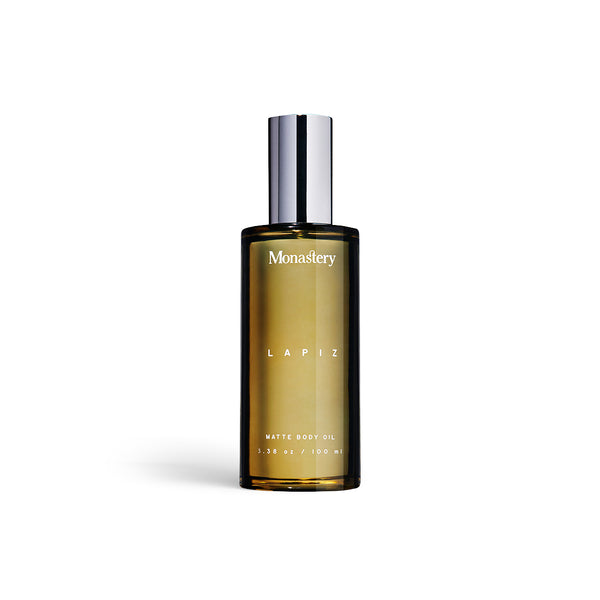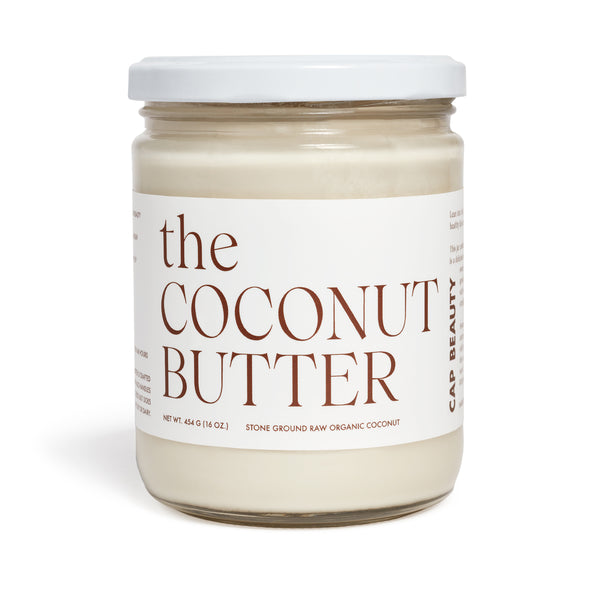Before becoming a doula you went to culinary school and worked in the art world. How did you arrive at this point in your journey?
It’s interesting, for a long time I felt hybridized but not in a positive way. I felt disorganized and fractured. I had a varied and unique skill set and I always wondered exactly where I would fit in. My skills as a chef and the skills developed while working under a photographic curator didn’t seem transferable. However, birth and postpartum doula work created this “intuitive bridge.” In the early days as I built the aesthetic of my personal branding I found space for my artistic self, as I made food for my clients in their homes, my culinary energy found space. I didn’t set out with a prescriptive path but I was committed to inner integrity and wholeness which has brought me to this point and there’s much more to do and to learn.

Tell us about LOOM.
LOOM exists to provide education for reproductive empowerment (menstrual and sexual wellness) pregnancy and parenting. Unbiased, evidenced-based education about our bodies is integral to how we see ourselves in the world. Making that education accessible and cultivating community around the process of learning is the foundation of what I and my team are focused on.
What does it mean to “mother the mother”?
Mothering the mother is the cornerstone of the postpartum doula practice. Simply put, it means giving a new mother intuitive and gentle support to help her thrive in her ever-shifting role as mother shortly after birth. From making sure she’s eating nutrient-dense foods to inquiring about her physical healing and helping to care for and soothe her baby, we focus in on nurturing her that way she can better nurture her baby and herself in the first few months of motherhood. It’s an age old practice.
What does “body literacy” mean to you?
It means to have a clear awareness of how your body operates, particularly your reproductive system. It’s understanding how to track your period or identifying what arouses you and feels comfortable for you in your sexual self, without shame. Our Roadmap: Periods and Roadmap: Sex classes at LOOM hone in on helping women access and integrate that knowledge.
LOOM is such a considered, refined space. How do visuals play into what you do?
The anchor of our design ethos with [branding and design firm] Wall For Apricots was to create a space that made people feel immediately better when they walked in. Most spaces that provide health support, typically have an aesthetic that’s either unconsidered or clinical and we wanted to push back on that stereotype and create an environment that felt beautiful but also created space for people to optimize their health and wellbeing. There is no reason why the two can’t coexist.

In today’s society, the discourse around reproductive health seems to progress and regress at every turn. How important is it to have an inclusive space for people to share, learn and their bodies, pregnancy to parenthood?Do you see the reception of spaces like LOOM as part of a larger return to traditional models of information sharing?
Spaces like LOOM are being embraced because although we are in a challenging sociopolitical climate, our interior lives are not stagnating. People are rapidly shifting how they want to take care of their reproductive system, how they want to navigate their pregnancy and how they are choosing to parent. It’s critical that this flux is represented in healthcare and the wellness industry because these resources are needed for people. People of color and LGBTQIA folks need to be better represented in the narrative. Gathering in community spaces to learn and be reflected never stopped happening, it’s less return and more of a reimagining of the process.
What role does pleasure play in reclaiming our bodies? How do we take ownership of our bodies through proper education, and a limitless view of mothering?
I say this all the time but pleasure is our birthright, particularly sexual pleasure. We should seek it out at all costs, without injuring others or ourselves, of course. The better we know the light and dark within ourselves, the more we can confidently share our ourselves with the world and inhabit it comfortably. Striping away the biological component of mothering, we all need to be our own ideal mothers, filling ourselves up with love, nourishing foods and ecstatic experiences. We all deserve that and then some.






